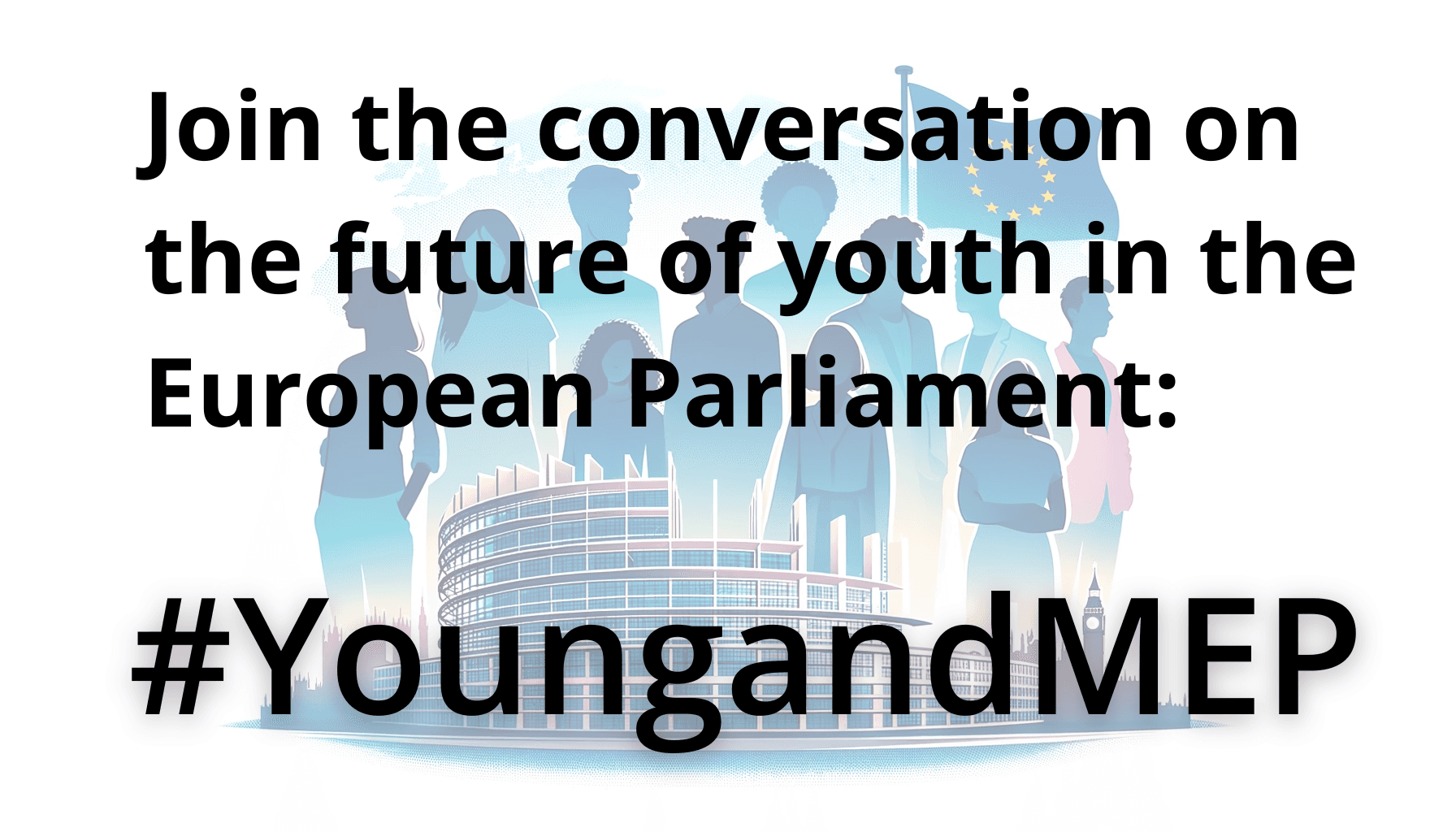Looking back at the last legislative term, what were the most significant achievements or challenges you faced as a young member of the European Parliament?
I succeeded at obtaining an important file about the export of dual-use goods as a rapporteur quite near the beginning of my term, so going straight into trilogues has been definitely challenging, but also something I appreciated as a valuable experience.
How do you think your age and generational perspective have influenced your work and decision-making in the European Parliament? Can you provide examples of issues where your perspective differed from older colleagues?
It is difficult to assign a certain thing or behaviour just to age. Who is nominated and elected to the European Parliament differs based on countries, too. Some see it as more prestigious, and some see it as a ‘golden parachute’ for their party members. I think a certain idealism and ‘nothing-is-impossible’ approach was something I saw in my rather younger colleagues. Trying to change the world and system, not just be an obedient part of the system, is something I think prevalently the younger generation brings to the place.
A balance between the life experience of older generations and the present experience and future challenges of the younger generation is desperately needed to avoid slipping back to authoritarianism and populism.
Have you encountered any obstacles or biases in the European Parliament based on your age?
I wouldn't really say in the European Parliament, although it occasionally surprises employees of the institution or various stakeholders when I am the one holding out my hand to them first, and not for instance my older male advisor. But everyone tries to act professionally immediately after the shock. I definitely felt the bias online on Twitter or Facebook in my home country. They were less ready to accept a person so young can be a politician.
What are your expectations and priorities for the upcoming legislative term in the European Parliament? Are there specific issues or policies that you believe require urgent attention, especially from a youth perspective?
My personal priorities are challenges stemming from modern technologies in the security field, such as AI, autonomous weapon systems, disinformation, and other hybrid threats. Naturally, what is our future in more than a decade is what concerns the youth, because they have maybe even seven decades ahead of them, and should be urgently addressed.
A balance between the life experience of older generations and the present experience and future challenges of the younger generation is desperately needed to avoid slipping back to authoritarianism and populism.
In light of recent youth-led movements and activism across Europe, such as climate strikes and social justice movements, how do you see the role of young MEPs in amplifying these concerns and translating them into policy actions at the European level?
I am trying to lead by example and visit a lot of schools and talk to young people, so that they feel empowered to join the political arena too, whatever is their surroundings saying about their age and experience. In a democracy, every experience is equally valid and can be represented.
I don't see why being a doctor for 50 years entitles you more to be a politician than being a student experiencing modern challenges. I think this age gap in politics is then visible in what is being prioritised. Business over the environment, lower taxes over affordable housing, going backward on women's and minorities' rights. I respect those are your concerns when you are around 50, but it's just not democracy if the concerns of those who are 15, 30 or 70 are ignored because they have no representation.
How do you see the overall representation of young people in the European Parliament? What reforms or changes would you advocate for to enhance the representation and voice of young MEPs in the future?
I feel like there should be more young people. As I mentioned, balanced priorities help a democracy thrive, because no one is overlooked. A balance between the life experience of older generations and the present experience and future challenges of the younger generation is desperately needed to avoid slipping back to authoritarianism and populism.
What we need is empowering voices and role models for the youth. I have to say I see improvement over the years. Youth organisations in political parties are thriving and asking for their place in the system, on the candidate lists. Go take it!
The most important files Gregorová worked on for the last legislative term 2019-2023:
The dual use recast
The Network and Information Security (NIS 2) directive
Anti-Coercion Instrument (trade)
Trade liberalisation with Moldova and Ukraine due to war
Chips Act (semiconductors)


